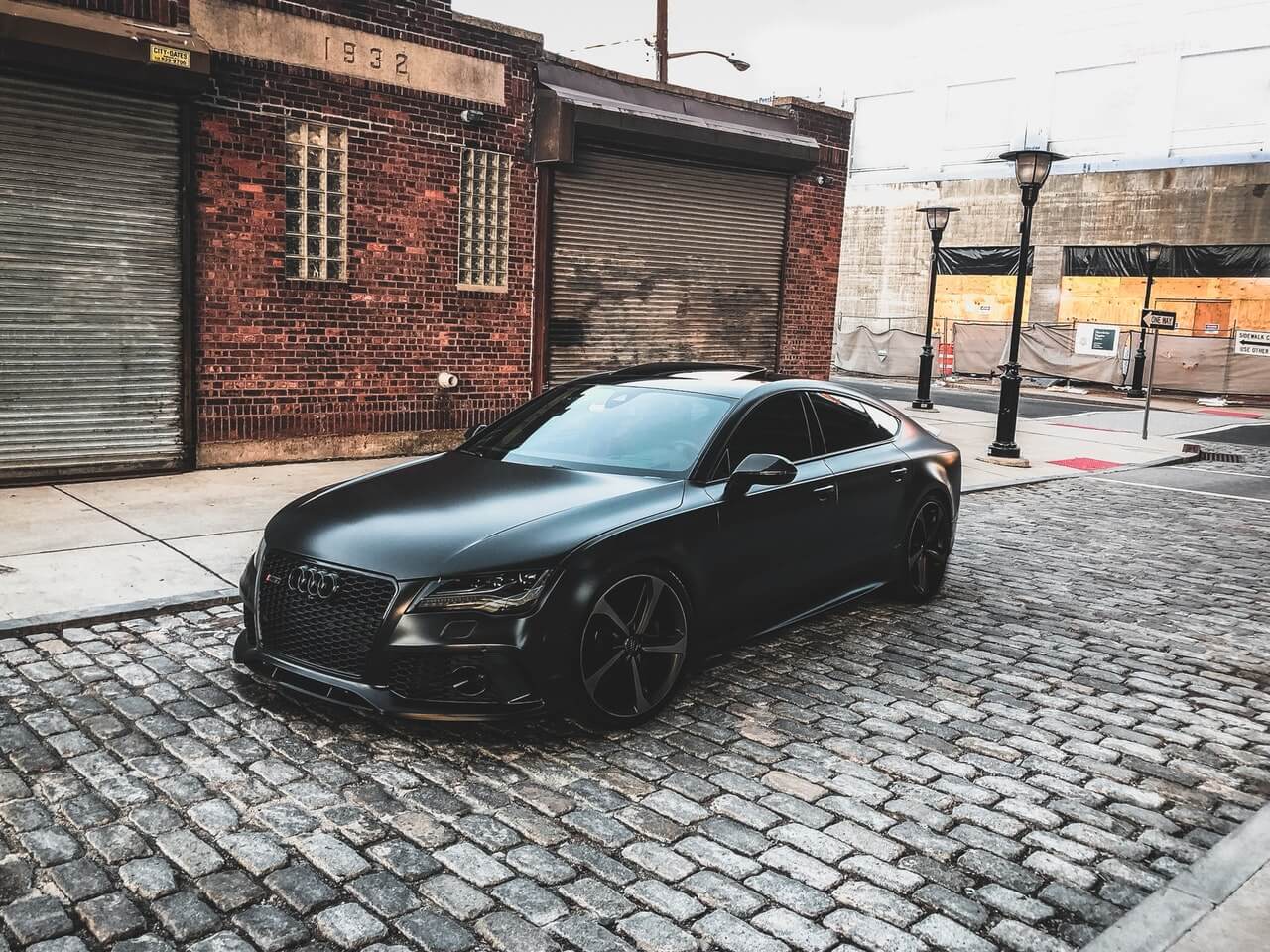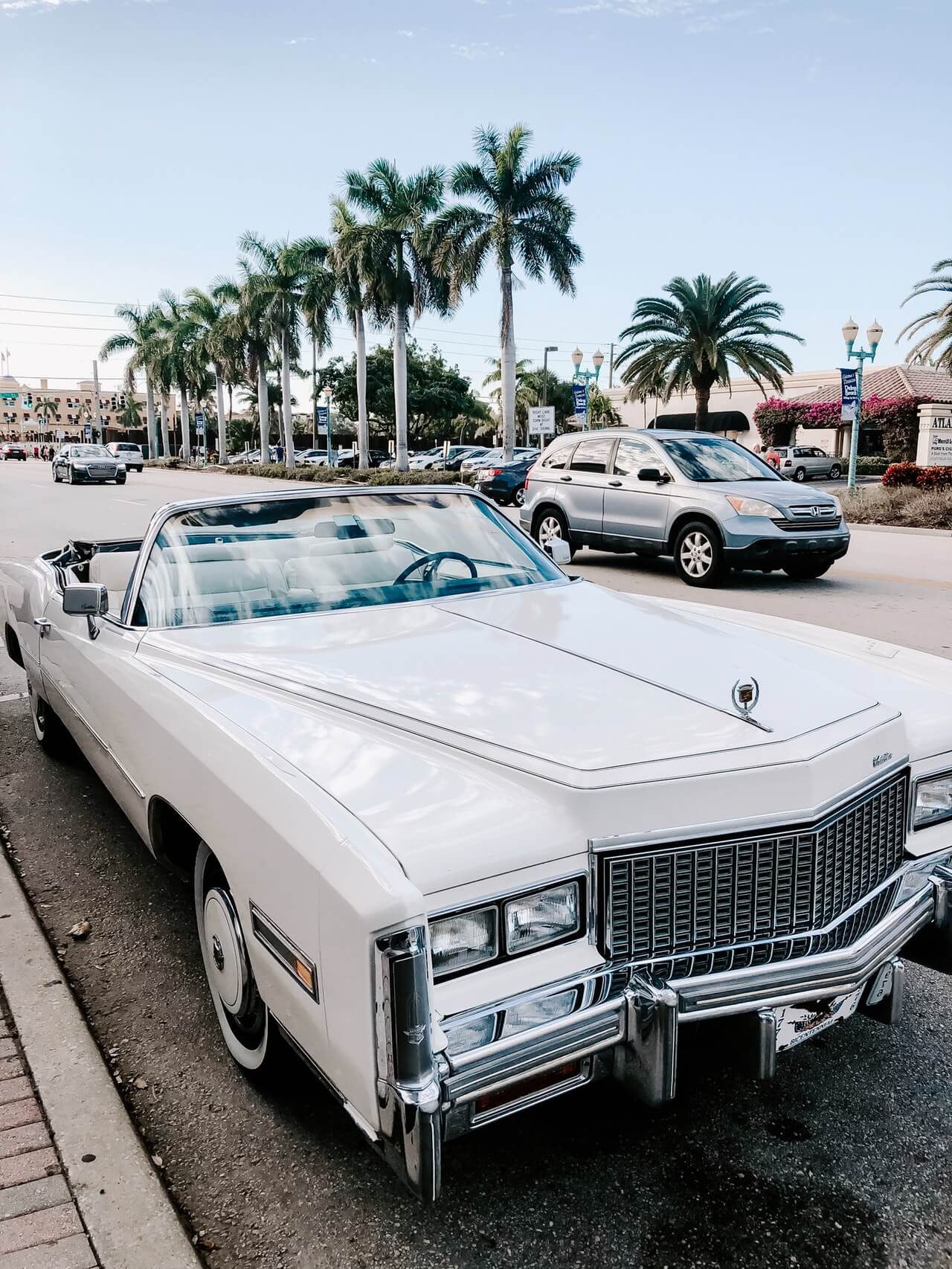It’s become almost a cliche over the years…men love sports cars and high-performance cars. There’s a feeling that goes along with punching a gas pedal and being slammed back in the seat, having that much power at your control, and it’s something that goes back as far as people taking Model T Fords, shaving the head down for extra compression and tweaking the carburetor and exhaust for more power. But why are performance cars such a male-oriented domain?
Evolutionary Psychology Perspective
You could probably go back a few millennia to examine this question, back to a time when the guy who had the fastest horse also displayed dominance and attracted more potential mates. Sociologists have long noted that certain traits and behaviors have always reinforced status in a community and enhanced the chances of surviving and prospering. Extrapolate that forward a few thousand years and you could see the power, performance and even the sleek looks of a sports car as an evolutionary extension that connotes power and confidence, and provides a connection to those instincts.
Male Identity and Status Symbolism
Like a Rolex watch or an expensive Italian suit, expensive items connote status, and of course that extends to a high-dollar vehicle too. When you look at it through that prism, a sporty high-performance vehicle carries a lot more weight than just the thrill of power and the adrenaline rush that goes along with driving it. There’s the social validation that’s attached, making it a package deal.

Evolutionary Roots: The Drive for Competition and Dominance
It’s an oversimplification to say that a car is an extension of one’s sense of manhood, but it’s hard-wired in many men to be competitive. Many men just love to drive, even if it’s in the family minivan, and the power and performance of a sports car or muscle car makes us feel more equipped to compete and get out ahead (even if we’re not out to race or break the law).
Psychological Implications: Sports Cars as Signifiers of Success
This is something that goes deeper than the sticker price of a vehicle. From the time they were teenagers, many men have seen cars as their ticket to mobility, independence and freedom, and the better the car, the deeper that connection went. A vehicle with plenty of horsepower and fun-factor definitely reinforces that feeling, and of course there’s the pride that comes with looking out in the driveway, seeing that vehicle and knowing that your money, your efforts and your ambition put it there.
Cultural and Societal Influences
Go back and watch any commercial for a muscle car from the 60s and this will soon be pretty obvious. The connection between power and freedom and masculinity has been part of automotive marketing for generations.
Media Portrayal: Reinforcement of Masculine Norms
For a lot of men, cars are connected to testosterone; men tend to romanticize things that can deliver power and speed. That’s been part and parcel of how cars are portrayed in movies and TV for generations; James Bond didn’t drive a big Buick sedan, he drove a tricked-out Aston-Martin. Jim Rockford didn’t drive a Lincoln, he drove a Pontiac Firebird. Sporty cars have been tied in to male identity over and over, in movies, TV and advertising.
Socialization and Peer Influence
Historical Context: Cars as Symbols of Freedom and Power
Once the Ford Model T came along, there was no way to hold back the coming tide. Going into the next state didn’t mean a two-day ride on horseback, and freedom to travel was available at mass scale. That mobility kept evolving and becoming more refined, and sports cars just pushed that freedom to its limits in exhilarating and thrilling ways.
At an even more basic level, though, throughout the years men just love to drive. It’s just about always Dad who drives on a family road trip, professional driver jobs are dominated by men, and it’s unfortunately men who are involved in the majority of traffic accidents. That goes back to the earliest days too, when driving a car was a lot more physical task (no power steering, no power brakes, difficult handling and shifting) and roads often meant mud and potholes. Interestingly, up until 1920 small electric cars still took up nearly 40 percent of the market…and were driven by women while men drove the gas-powered cars. 
Sensory Pleasure and Adrenaline Rush
A car is like a 4,000 pound tool for primal urges, and the sensory aspect of driving speaks directly to those impulses. The exhaust note of a wound-up engine, wind over the windshield of a convertible, whining tires as you crowd your car hot into a curve, the feedback through the steering wheel and brakes, the feeling as you punch the gas pedal and induce drift and put your car at the very edge of control - those go a long way for a lot of drivers, with an undeniable fun factor and a generous squirt of adrenaline.
Aesthetic Appeal: Design and Engineering Marvels
Even for people who don’t like cars, the styling of sporty cars is sheet metal shaped into works of art. Even cars from decades ago like the Porsche 356, Bugatti, Triumph TR4, first-generation Ford Mustang, split-window Corvette still look timeless and contemporary today, so much so that automakers have introduced retro-looking models that harken back to those early editions. And automakers have also put power and performance as a top priority for years, from the monster 6-cyl in the 40s Hudson Hornet that dominated early stock car racing, to the first overhead-valve V8s in mid 50s Chevrolets to 400 hp 60s muscle cars to the insane power/weight ratio of today’s sports sedans.
Thrill of Speed: Adrenaline and Masculine Energy
Watch kids at play and you’ll see them comparing their Hot Wheels cars…and then fast-forward a few years and the same kind of peer influence comes into play with bikes. Many men admired their dads driving fast cars or rugged trucks, and that impression stayed with them for life. And let’s face it, from the time they were boys many men love going fast and courting danger; it’s fun and it’s a thrill, whether it’s on a skateboard, a BMX bike or in a sports car. That’s how even learning to drive and getting a license became a rite of passage for teenagers and young men.
Emotional Connection: Sports Cars as Extensions of Personality
We all identify with our cars and tend to humanize them; they’re our faithful mechanical servants and they take on a personality that’s way greater than their identity as tools to get us from point A to point B.
Identity and Self-Expression
That kind of humanization of our cars really shines when it comes to sports cars; for many men, they really are tied to a sense of identity and make a statement whenever they pull up to a destination.
Personalization and Customization
People are fallible. People frustrate and disappoint, people let us down, people don’t want to cooperate with our plans. Cars don’t do any of those things; we can tweak them for better performance, different driving characteristics, enhanced handling or better comfort. That means upgrades and modifications, everything from better tires and custom wheels to custom paint jobs, engine and drivetrain mods and more.

Sense of Agency: Control and Mastery
For many men, working on a vehicle and doing maintenance, repair and upgrades is a contemplative kind of task, with a combination of physical work, skill and problem solving. When that job is done, there’s the satisfaction of knowing that you did it yourself, and that you can count on it being done right. That’s totally above and beyond the driving experience itself, and the sense of empowerment that goes with knowing that all that power and performance is at your command.
Symbolism of Independence and Autonomy
Everyone likes to feel like they’re making their own way through life. Nobody likes being tied down and submitting to being restrained, and owning a sports car tends to wrap up a lot of our aspirations about independence in the form of a machine.
Economic and Marketing Factors
Just like advertising for food, beer or all kinds of other products, the way we think about cars is framed by marketing in ways that are almost subconscious and imperceptible.
Targeted Advertising: Appeal to Male Desires and Aspirations
Think about 1960s advertising for cars: an ad for a Cadillac or an Imperial was likely aimed at men, with a message of “you’re an accomplished man with impeccable taste and this elegant car is for you, Mr. Executive.” An ad for a Mustang appealed to men just as directly, but more to their sense of daring and adventure (and of course the suggestion that women are going to be a lot more interested in a guy who drives a Mustang). It might be 60 years later, but not a lot has changed in that regard.
Economic Power and Affordability
Tying back into the notion of a car as status symbol, many men see a sports car as a mark of achievement and financial success…and of course, marketing is there to reinforce that thinking.
Investment and Resale Value: Cars as Assets
In most cases, a car is a depreciating asset that loses a good chunk of its value the minute it’s driven off a dealer’s lot. That’s certainly not always the case, though. A look through Hemmings Motor News or Mecum Auctions tells the story: vintage sports cars and high-end exotics not only hold their value, but they pick up resale value over time. Of course that means a lot of careful maintenance and meticulous housekeeping with them, but after all, men love to tinker with their sports cars anyway, right?







